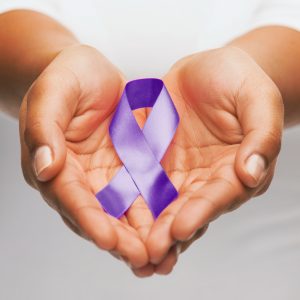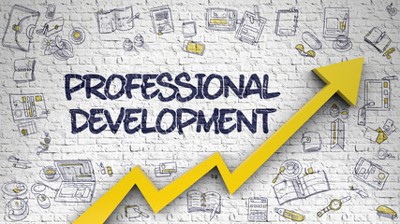If your employer is a compact member of the Harold Alfond Center for the Advancement of Maine’s Workforce, you may be eligible to take this program a reduced cost. Visit the Harold Alfond Center Workforce Development Funding page for more information.
Program Description
This two-day program, presented in partnership with New Hope Midcoast, is designed for social workers, substance abuse counselors and other mental health professionals, as well as clergy, police officers and first responders to become certified in intimate partner violence training.
The following topics will be covered during the 12-contact hours of the program: foundations of domestic abuse, addressing the lasting impact of domestic abuse, intervention strategies of domestic abuse and trauma-informed and culturally competent responses to domestic abuse.
Modality
This dynamic program will be offered synchronously via Zoom—you’ll need access to a stable internet connection.
Dates and Times
June 11-12, 2025 – Registration opens March 1st
8:30 a.m.–4:00 p.m. ET
Program Benefits
This 12-hour curriculum was developed collaboratively by the Maine Coalition to End Domestic Violence and partners in the mental health field in order to meet the 2020 domestic violence training requirements for psychologists, licensed clinical social workers and licensed clinical professional counselors (see L.D. 1238. 126th Legis. 2013). The four three-hour modules include information that will help mental health professionals be prepared to work with people who have experienced and perpetrated domestic abuse and violence.
Topics Covered
Day 1
Module 1 – Domestic Abuse: Foundations
Participants will be able to:
- Define domestic abuse and trauma
- Examine the multitude of barriers to safety that batters create for their partners and family members
- Identify the tactics that batterers employ to obtain and maintain power and control over their partners and family members
Module 2 – Domestic Abuse: Addressing the Lasting Impact
Participants will be able to:
- Discuss the impact of trauma on the brain
- Identify several short and long-term health impacts of domestic violence
- Describe particular challenges facing survivors of multi-abuse trauma
Day 2
Module 3 – Domestic Abuse: Intervention Strategies
Participants will be able to:
- Distinguish between appropriate roles for mental health providers and those for domestic violence advocates
- Identify screening strategies to use in your practice
- Describe the basic safety planning strategies, including how to refer to a domestic violence resource center
- Define the difference between risk analysis and evidence-based risk assessment
- Analyze batterer tactics of control as they relate to seeking professional help
Module 4 – Domestic Abuse: Trauma-Informed and Culturally Competent Responses
Participants will be able to:
- Discuss trauma-informed strategies for working with survivors
- List strategies for addressing secondary trauma that you may experience as a provide
- Analyze the barriers and resources faith provides to both survivors and abusers
- Describe various aspects of culturally competent services and list culturally-specific domestic violence resources in Maine
Who Should Enroll
- Psychologists
- Licensed clinical social workers
- Licensed clinical professional counselors
Not sure if this program is right for you? Contact us at um.continuinged@maine.edu and we can help you figure it out.
Facilitator
 Lori Rodriguez
Lori Rodriguez
(she/her/they/them)
Presenter Lori Rodriguez is a domestic violence resource center advocate with New Hope Midcoast. Her background is in gender and sexuality studies, as well as in campus-based sexual violence prevention. Their current role as a Community Prevention Educator focuses on working directly with people impacted by domestic abuse, dating violence and stalking. In addition, they provide educational resources to members of the Midcoast Maine community about the dynamics of domestic abuse. Lori has a particular passion for working with survivors in the LGBTQ+ community as well as working towards enhancing community members’ and other social service providers’ ability to respond from an anti-oppression, trauma-informed lens.
Program Fee
$235
Participants can choose to participate in one or two days of the program. Registration for individual modules is available for those who have already completed a portion of the required hours for this training.
Click here to apply for a need-based scholarship.
Class Capacity
- 45 participants
Continuing Education Credits
- 12 contact hours / 1.2 CEUs are available.
- Certificate for completing the entirety of this 12-hour course.
Learn more about Continuing Education Units.
Frequently Asked Questions
When will I receive my certificate?
A very important question! Typically, we send out certificates within 3-5 business days after a program has taken place. These procedures are not automated—we appreciate your patience and know how important this credential is for your licensure.
When will I receive my Zoom link?
You’ll receive your Zoom link to participate in the training, as well as any materials, within two weeks of the program start date.
Who do I reach out to if I have a question?
Contact us at um.continuinged@maine.edu.
Accommodations
For more information or to request an accommodation, contact um.continuinged@maine.edu, 207.581.3113.




